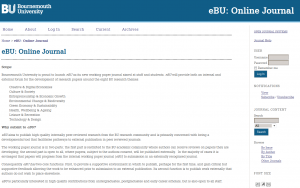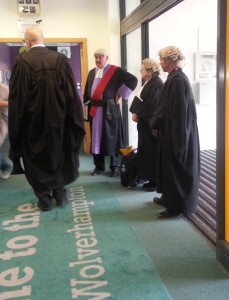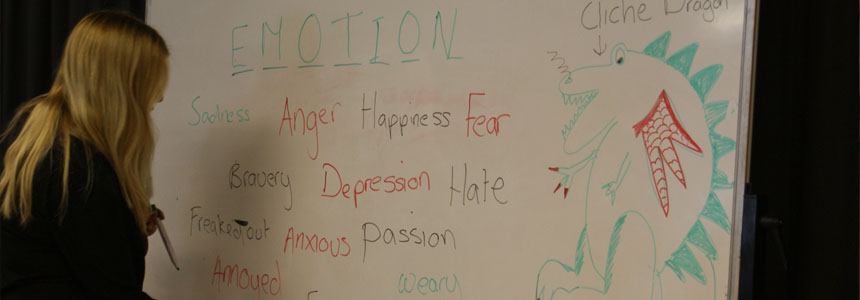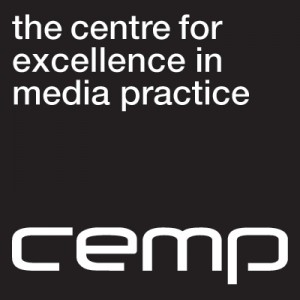The first PGR Health, Wellbeing and Ageing Community meeting took place on Wednesday 10th July at Royal London House. The purpose of the event was to bring together post graduate researchers from across schools to present and discuss their research under the Health, Wellbeing and Ageing theme.
Jo Hawkes (ST) began the meeting by presenting her research on the impact of premenopausal osteoporosis on physically active females. This was followed by the impact that children’s hospices have on parental relationships by Ashley Mitchell (HSC). Phillip James (ST) discussed his work on how active seniors engage with the internet when choosing holidays. We were also joined by Alister du Rose (DEC) from the AECC, who is using quantitative fluoroscopy and electromyography to determine normal mechanics of the lumbar spine.
Mevalyn Cross (HSC) discussed how her research was going to evaluate the effectiveness of a humanising framework to improve patient care in Poole Hospital. Becca Elisa (DEC) is who is due to start in September proposed plans and theory for her research into norepinephrine activity in ADHD. The meeting finished with Jib Acharya (HSC) presenting the results from his comparative study into nutritional problems in the preschool children of the Kaski district in Nepal.
All presentations were extremely interesting and the event was positively received by all those who attended. The event was also attended by Dr Heather Hartwell, Professor Edwin van Teijlingen, Professor Les Todres and Julia Hastings Taylor who were on hand to give advice and feedback to those who presented. It also gave PGRs the opportunity to meet each other and network across schools.
It is hoped that community events like this will be a regular occurrence with even more PGRs presenting their research. If anyone is interested in presenting or attending the next event please email Ashley Mitchell (ashmitchell@bournemouth.ac.uk).







 On 8th July in West Lulworth the launch took place of the full length documentary film about the Seen But Seldom Heard project, plus live performances from the young poetry sensations from Victoria Education Centre.
On 8th July in West Lulworth the launch took place of the full length documentary film about the Seen But Seldom Heard project, plus live performances from the young poetry sensations from Victoria Education Centre.












 Beyond Academia: Exploring Career Options for Early Career Researchers – Online Workshop
Beyond Academia: Exploring Career Options for Early Career Researchers – Online Workshop UKCGE Recognised Research Supervision Programme: Deadline Approaching
UKCGE Recognised Research Supervision Programme: Deadline Approaching SPROUT: From Sustainable Research to Sustainable Research Lives
SPROUT: From Sustainable Research to Sustainable Research Lives BRIAN upgrade and new look
BRIAN upgrade and new look Seeing the fruits of your labour in Bangladesh
Seeing the fruits of your labour in Bangladesh ECR Funding Open Call: Research Culture & Community Grant – Apply now
ECR Funding Open Call: Research Culture & Community Grant – Apply now ECR Funding Open Call: Research Culture & Community Grant – Application Deadline Friday 12 December
ECR Funding Open Call: Research Culture & Community Grant – Application Deadline Friday 12 December MSCA Postdoctoral Fellowships 2025 Call
MSCA Postdoctoral Fellowships 2025 Call ERC Advanced Grant 2025 Webinar
ERC Advanced Grant 2025 Webinar Update on UKRO services
Update on UKRO services European research project exploring use of ‘virtual twins’ to better manage metabolic associated fatty liver disease
European research project exploring use of ‘virtual twins’ to better manage metabolic associated fatty liver disease